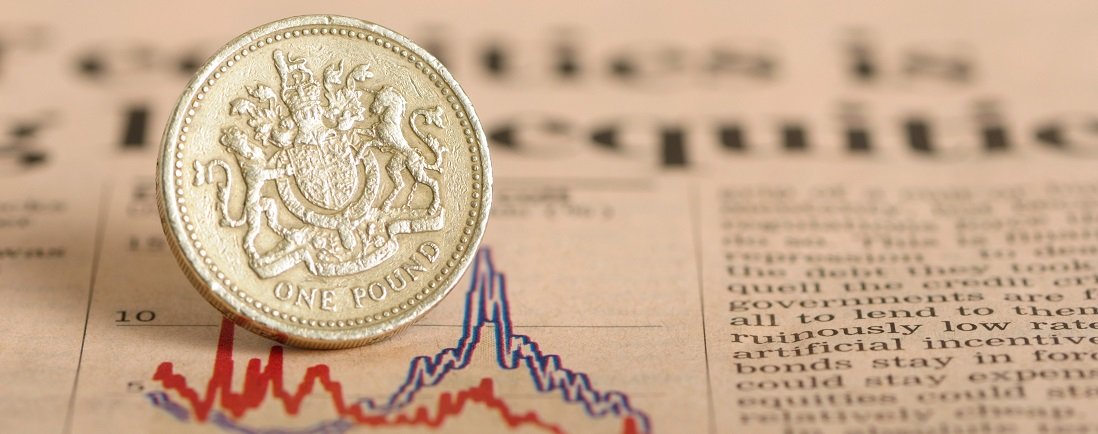Three days out from the referendum, I thought it time to revisit the economic issues around Brexit.
I am taking two sources. The first is the Institute for Fiscal Studies because of their track record of independent excellence.
The IFS start from the basis that we contribute net some £8 billion on average to the EU. By taking an untypical year (2014), by dividing by 52 and by ignoring the rebate, which gives the net figure, Leave arrive at the erroneous figure of £350 million a week.
If we left the EU, that sum (£ 8 billion) would in principle be available for public expenditure in the UK. If we decided to spend less on agricultural support, regional development and university research, then that figure could be higher but of course that would be politically (and in terms of its economic consequences) highly controversial.
If we were able and willing to negotiate a Norway type deal (the only deal which would give us complete single market access) then we would probably have to make a continuing net contribution to the EU of around £4 billion a year (proportionately the same as the contribution Norway makes now). But a Norway deal requires continued freedom of movement for EU citizens and implementation of social rules so no Government formed after a Brexit vote could be expected to seek such a deal.
If leaving the EU were to reduce national income by just 0.6% that would be enough to outweigh the £8 billion gain to the national finances. 12 out of the 14 economic organisations that have analysed the short term effects of Brexit suggest that they would be negative because of increased uncertainty, a fall in the value of sterling and an increase in inflation, an increased cost of borrowing and the first impact of longer term effects on e.g. trade. The IFS place most weight on the research of the National Institute of Economic and Social Research (NIESR), because of its comprehensive quality. NIESR calculate that, with a Norway-type deal, there would be a loss of GDP of 2.1% by 2019 compared with the situation if the UK had stayed in the EU. With no special trade deal, that cost would amount to a GDP 3.5% lower in 2019 than it would otherwise be. On this basis, IFS calculate that the budget deficit in 2019-2020 would be between £20 and £40 billion higher than otherwise. (The Treasury document implies a much smaller increase in public sector net borrowing than these figures imply because the Treasury are assuming much higher inflation after Brexit and therefore they have built in a significant cut in public spending in real terms).
In these circumstances, to achieve budget balance by 2020 would require a combination of measures such as increasing the cuts in day to day spending by government on public services by 40%; increasing the size of planned cuts to social security benefits and tax credits by 40%; and increasing the basic and higher rates of income tax by 1p. That would achieve balance. To reach the national income surplus of 0.5% of national income for which the Chancellor is aiming would require a further £10 billion of spending cuts and tax rises.
In the longer term, the outlook depends on what kind of trade deal the UK could do with the EU. If the UK were obliged to rely on WTO rules (which John Redwood argues would be a satisfactory outcome) NIESR calculate that GDP would be 7% less in the long run than it would otherwise have been.
In practice, though probably not by 2019 (or even by 2020 according to Michael Gove) the UK would negotiate some kind of Free Trade deal with the EU, implying a GDP loss somewhere between 2.1% and 3.5%.
My second source is Open Europe because they tend to be somewhat Eurosceptic, but offer serious analysis. They suggest that if Britain left the EU on 1 January 2018 (which would imply a very quick and harmonious negotiation with the EU and is therefore improbable) then by 2030, on the basis of a comprehensive FTA with the EU, free trade with the rest of the world and domestic deregulation there could be a permanent gain in UK GDP of 0.6%. Those conditions are unlikely to be met. On the basis of a comprehensive FTA with the EU, without the other features, then Open Europe predict a permanent loss to GDP in 2030 of 0.8%.
This still leaves unanswered the issue of how comprehensive a free trade deal the UK could negotiate. None of the FTAs so far negotiated by the EU gives full access to financial services. Full access would depend on the UK offering equivalence to Eurozone regulation i.e. in practice implementing all the rules decided by the EU in future, with no redress in the event of discrimination against the City. John Redwood suggests brass plating inside the Eurozone as the answer but any establishment within the Eurozone would require compliance with EU capital adequacy rules in the country of establishment.
Financial Services employ 7% of the UK workforce (two thirds outside London), producing nearly 12% of our total economic output and generating a trade surplus of £77 billion.
Finally, a few figures from Open Europe on UK economic sectors and the share by value of their exports destined for the EU:
Automotive sector: 35% (49% by volume);
Chemicals and Pharmaceuticals: 57%;
Aerospace: 45%;
Capital Goods and Machinery: 31%;
Food, beverage and tobacco: 61%
Financial Services: 41%;
Professional services: 29.8%
Project fear? ‘Look before you leap’ is generally better than ‘Leap before you look’.

